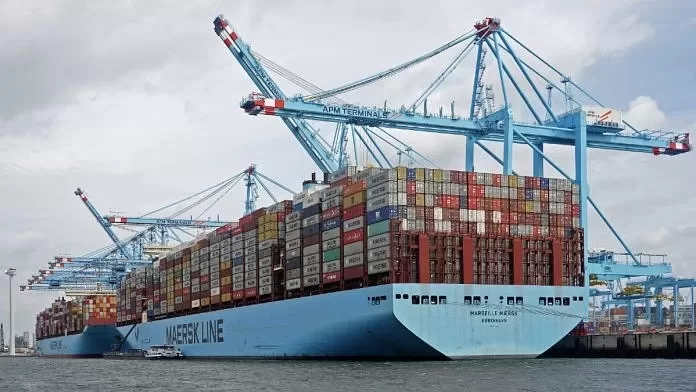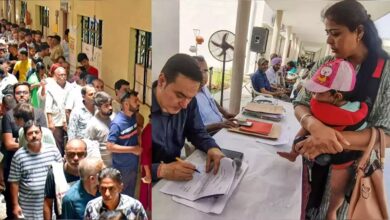Navigating Challenges and Solutions in India’s Maritime Sector: Insights from the Kochi Conference

News Mania / Agnibeena Ghosh/ 27th April 2024
The Ministry of Ports, Shipping and Waterways (MoPSW), Government of India, alongside Cochin Shipyard Limited (CSL) and the Inland Waterways Authority of India (IWAI), recently convened a two-day conference in Kochi, Kerala, from April 23rd to 24th. The conference, titled ‘Challenges and Prospective Solutions in Inland Waterways and Shipbuilding’, served as a platform for various state departments, industry experts, and stakeholders to address critical issues within the maritime sector.
Shri R Lakshmanan, Joint Secretary, MoPSW, emphasized the significance of the event, stating that it facilitated enriching discussions on India’s key priorities, including the green transition of inland waterways and promoting domestic shipbuilding. He highlighted the ministry’s commitment to identifying and addressing challenges faced by maritime stakeholders, aligning with the Maritime Amrit Kaal Vision 2047.
Decarbonization Efforts and Financing Needs:
The inaugural session spotlighted MoPSW’s decarbonization efforts in the inland waterways sector, led by IWAI and CSL. Discussions centered on the deployment of Green Hydrogen Fuel Cell Inland Vessels in Varanasi, aligning with MoPSW’s Harit Nauka Guidelines. The session also explored the potential use of Methanol as a green fuel for EXIM vessels, emphasizing the need for indigenous development of Methanol marine engines in India.
The afternoon session focused on the pressing financing needs of India’s shipping sector, emphasizing the mammoth investment requirement outlined in the Maritime Amrit Kaal Vision 2047. Despite the substantial funding requirement to support trade and economic expansion, challenges such as non-availability of long-term funding and fixed sectoral lending limits hinder financing efforts. Shri R Lakshmanan shared insights into the ministry’s proactive efforts to establish a dedicated Maritime Development Fund, aiming to address these challenges and facilitate sectoral development.
Exploring Opportunities and Solutions:
Day 2 of the conference delved into various initiatives aimed at optimizing cargo movement and enhancing the modal share of Inland Water Transport (IWT) to 5% by 2030 and 7% by 2047. Stakeholders from diverse sectors convened to strategize ways to enhance traffic patterns along inland waterways and promote initiatives such as the Kochi Water Metro.
The final session focused on India’s shipbuilding capacity, highlighting the nation’s current global ranking and heavy reliance on foreign fleets for cargo movement. Discussions emphasized the need for policy interventions, reforms, and increased research and development efforts to boost India’s shipbuilding sector. Participants were encouraged to submit challenges, interventions, and policy suggestions post-conference to further enhance India’s shipbuilding capabilities.
Looking Ahead:
The conference concluded with a focus on India’s strategic aspirations to become one of the top 5 shipbuilding nations by 2047. By addressing financing challenges, promoting indigenous development, and fostering global partnerships, India aims to unlock significant commercial opportunities within the maritime sector.
The conference in Kochi served as a pivotal platform for fostering collaboration, sharing insights, and charting a course towards a sustainable and thriving maritime industry in India. Through proactive measures and strategic initiatives, the nation is poised to navigate challenges and seize opportunities for growth and development in its maritime sector.







